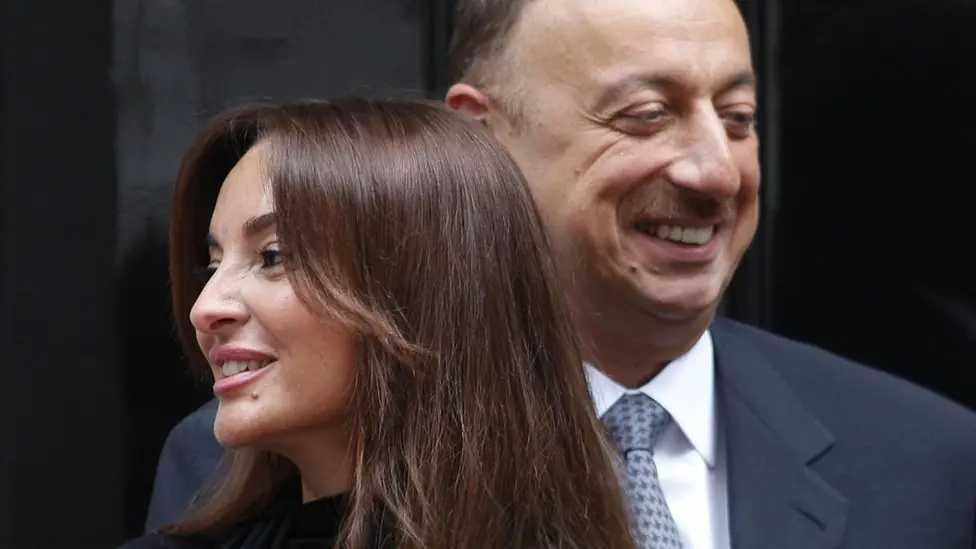When the European Council presented their latest enlargement report on Tuesday, no one was surprised by what was said about Georgia. EU enlargement chief Marta Kos called it ‘the worst enlargement report for any candidate country ever’.
The response from the Speaker of the Georgian Parliament, Shalva Papuashvili, was also fairly typical. He accused the Brussels deep state/global war party of orchestrating a coup attempt, of financing radicalism, of blackmail — all par for the course.
He also appeared to concede that Georgia would not enter the EU in its current form, ‘the Europe that the current Brussels bureaucracy is emptying of European substance’. Instead, he said, Georgia was preparing for membership of an EU that ‘aims to restore European values’.
‘We see a real awakening in Europe when countries repeatedly choose governments and strategies that return the EU to a system of real values, reject Brussels’ unfair and improper interference in internal affairs, national values, the will of the people, genuine democracy and the rule of law’, he said.
Speaking to journalists in Shanghai, Prime Minister Irakli Kobakhidze echoed these sentiments, insisting they still intended to join the EU by 2030.
‘And I hope that by then, the situation within the EU will have changed radically — today it has sunk to the level of Soviet standards’, he said.
And are they wrong to hope for this?
In his response to the enlargement report, Papuashvili threw in his lot with the likes of Hungary, Slovakia, ‘and now the Czech Republic’; all, he said, were part of this ‘awakening’ in Europe as countries who do not ‘blindly obey Brussels’ directives and instructions’.
Sometimes we hear the question — why should Europe care about what is happening in Georgia? But to ask the question is to ignore that what is happening here is not confined to Georgia, it is a part of a global movement.
Regressive forces across Europe have learnt to support and learn from each other, and it would be naive to think that Georgian Dream is not fostering links with Germany’s AfD, France’s National Rally, and others, just as they have with Viktor Orbán’s Fidesz in Hungary.
So for those looking to counter this global surge in right wing populism, to ignore Georgia is to ignore one of the battlegrounds where Europe’s future is being decided.






